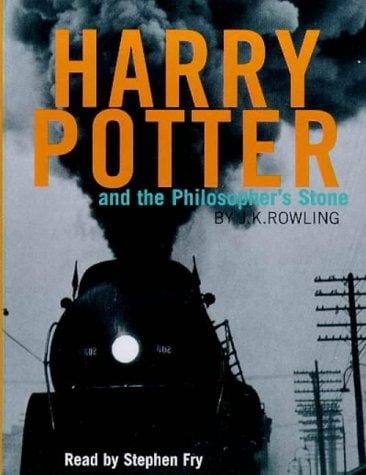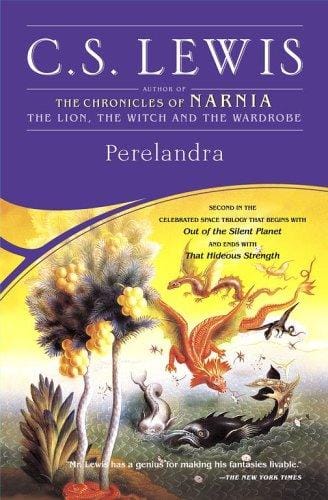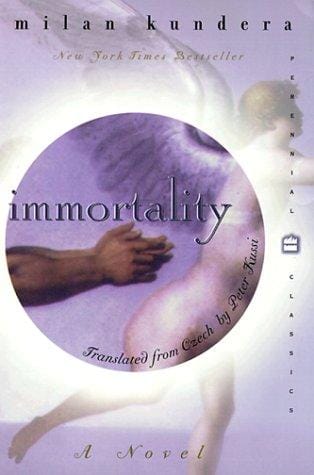Harry Potter and the Philosopher's Stone: In-Depth Review
Discover the magic of Harry Potter and the Philosopher's Stone with an in-depth review of its plot, themes, characters and cultural legacy.

Introduction
Harry Potter and the Philosopher's Stone, the debut novel by J.K. Rowling, opened the door to a world of wands, wizardry and wide-eyed wonder when it was first published in 1997. More than twenty-five years later, the story of an orphaned boy who discovers he is a famous wizard remains an essential read for fantasy lovers and young adults alike. This article offers an 800-word, spoiler-light review covering the plot, themes, characters and enduring cultural impact of the book, along with compelling reasons why new readers and long-time fans should keep returning to Hogwarts.
Plot Overview
The novel follows eleven-year-old Harry Potter, who has spent a miserable childhood living in a cupboard under the stairs of his aunt and uncle's house. On his eleventh birthday, he learns from the gentle giant Hagrid that he is in fact a wizard and has been accepted at Hogwarts School of Witchcraft and Wizardry. Leaving behind the dreary suburb of Little Whinging, Harry enters a castle filled with moving staircases, enchanted ceilings and classes on Potions, Charms and Transfiguration.
At Hogwarts Harry befriends the intelligent Hermione Granger and the loyal Ron Weasley. The trio soon uncovers a mystery involving a magical artifact known as the Philosopher's Stone, which grants immortality and unlimited wealth. Guided by headmaster Albus Dumbledore but threatened by the dark wizard Lord Voldemort, Harry's first school year culminates in a daring attempt to stop evil forces from stealing the Stone and returning Voldemort to power.
Themes and Analysis
Coming of Age and Identity
Like many classic children’s tales, the book revolves around the search for identity. Harry begins as “the boy in the cupboard,” uncertain of his worth. At Hogwarts he discovers innate talents for flying and dueling, while also learning the value of humility and choice. Rowling juxtaposes the magic of self-discovery with literal magic, illustrating that personal growth can be as transformative as any spell.
Friendship and Loyalty
The golden trio’s bond is the emotional heart of the story. Harry, Ron and Hermione repeatedly place loyalty above personal safety, proving that true friendship is stronger than fear. This theme resonates with readers of all ages, reminding us that bravery is often a collective effort rather than a solitary act.
The Allure and Danger of Power
The Philosopher's Stone symbolizes humankind’s perpetual desire for power over death and scarcity. Characters such as Professor Quirrell succumb to that temptation, while Dumbledore warns that some forms of power exact too high a price. The novel thus prompts readers to consider the ethical limits of ambition.
Character Highlights
Harry Potter: An everyman hero whose courage stems from compassion. Though famous in the wizarding world, he remains relatable through his insecurities and eagerness to belong.
Hermione Granger: A celebration of intelligence and diligence, Hermione subverts the trope that bookish characters lack bravery. Her quick thinking often saves the day.
Ron Weasley: Loyal and self-deprecating, Ron provides comic relief yet proves indispensable in chess-board strategy and unwavering support for his friends.
Albus Dumbledore: The archetypal wise mentor whose twinkling eyes hide a complex moral philosophy. He models the use of power for good, tempered by self-awareness.
Impact on Popular Culture
Harry Potter and the Philosopher's Stone sparked a global phenomenon that redefined children’s publishing. Midnight release parties, movie adaptations, theme parks and countless fan communities trace their origins to this modestly priced paperback. Phrases like “Muggle,” “Quidditch” and “Platform 9¾” have entered everyday vocabulary, while the novel’s inclusive message has inspired generations to embrace reading and imagination.
Why You Should Read It Today
Whether you are discovering Hogwarts for the first time or revisiting it as an adult, the book offers timeless lessons about courage, empathy and the choices that shape us. Rowling’s witty prose, layered mysteries and intricate world-building create an experience that transcends age. Moreover, understanding the first installment enriches later readings of the series, as clues and foreshadowing abound within these initial chapters.
Conclusion
Harry Potter and the Philosopher's Stone endures because it captures the universal longing to belong, to learn and to stand up for what is right. Its enchanting mix of humor, suspense and heart invites readers to believe, if only for a moment, that a letter from Hogwarts might still arrive. Pick up the book, step onto the scarlet Hogwarts Express and allow yourself to be whisked back to a world where magic, friendship and hope reign supreme.



